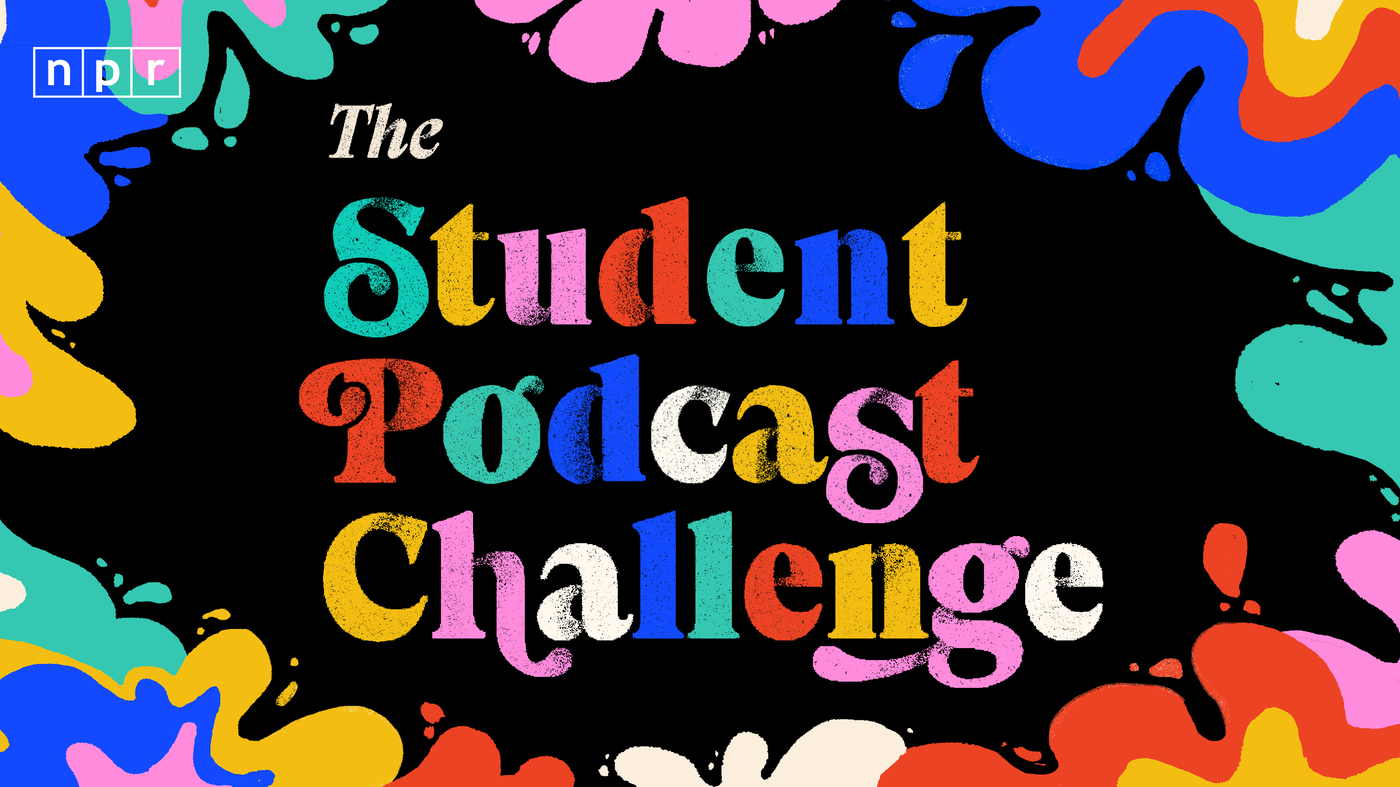The Power of Youth Voices: Inside the NPR Student Podcast Challenge
Introduction: A Platform for Young Storytellers
In an era where digital media dominates, the NPR Student Podcast Challenge stands out as a transformative opportunity for students to amplify their voices. Since its launch in 2018, this annual competition has empowered students from fourth grade through high school to explore storytelling, journalism, and audio production. By blending creativity with critical thinking, the challenge not only nurtures media literacy but also connects classrooms across the nation through shared narratives.
The Origins and Growth of the Challenge
The NPR Student Podcast Challenge was born from a simple yet powerful idea: to give students a platform where their stories could reach a national audience. NPR’s education team recognized the potential of podcasting as a medium that blends research, writing, and technical skills—all while fostering self-expression.
Over the years, the challenge has evolved in both scale and impact:
– Expanded Participation: Initially targeting middle and high school students, it now includes fourth graders, making it accessible to younger storytellers.
– Diverse Topics: Submissions range from personal narratives to investigative pieces, reflecting the varied interests and concerns of today’s youth.
– Increased Recognition: Winning podcasts are featured on NPR, offering students unparalleled exposure and validation of their work.
How the Challenge Works: From Idea to Submission
Creating a winning podcast involves more than just hitting the record button. The process is structured yet flexible, allowing students to develop essential skills:
1. Brainstorming and Topic Selection
Students begin by identifying subjects they’re passionate about—whether it’s a school issue, a cultural tradition, or a scientific curiosity. The best entries often combine personal relevance with broader appeal.
2. Research and Scripting
Strong podcasts rely on solid research. Students gather facts, conduct interviews, and structure their episodes with clear narratives. Teachers often guide them in balancing creativity with accuracy.
3. Recording and Editing
With basic equipment (even smartphones), students learn the technical side of audio production. Editing tools help refine pacing, remove background noise, and add music or effects for a professional touch.
4. Submission and Judging
Entries are submitted via NPR’s online portal, accompanied by a brief description. A panel of NPR journalists and educators evaluates submissions based on storytelling, production quality, and originality.
Why This Challenge Matters: Skills Beyond the Classroom
The NPR Student Podcast Challenge isn’t just about winning—it’s about growth. Participants gain:
– Media Literacy: In a world of misinformation, learning to research and present facts responsibly is invaluable.
– Confidence in Communication: Articulating ideas clearly and persuasively is a skill that translates to any career.
– Collaboration: Many podcasts are group efforts, teaching teamwork and project management.
– A Voice in the National Conversation: Winning students see their perspectives shared on a major platform, reinforcing the importance of youth input in public discourse.
2025 Updates: Extended Deadline and What It Means
The 2025 challenge opened on January 6, with an original deadline of May 2. However, NPR announced an extension to May 25, 2025, citing feedback from educators and students. This decision underscores NPR’s commitment to inclusivity:
– More Time for Quality: Students balancing academics, extracurriculars, and personal commitments now have extra weeks to refine their work.
– Technical Support: Schools with limited resources can troubleshoot recording or editing issues.
– Encouraging Last-Minute Participants: The extension may inspire hesitant students to take the leap and submit.
Tips for a Standout Submission
For students aiming to impress the judges, here’s what sets top entries apart:
– Authenticity: The most compelling podcasts stem from genuine curiosity or personal experience.
– Clear Structure: A well-organized narrative with a beginning, middle, and end keeps listeners engaged.
– Polished Audio: While NPR doesn’t expect studio-quality production, clean sound and thoughtful editing make a difference.
– Creative Flair: Music, sound effects, or unconventional formats (e.g., fictional storytelling, debates) can make a submission memorable.
Conclusion: Shaping the Future of Storytelling
The NPR Student Podcast Challenge is more than a competition—it’s a movement. By equipping students with the tools to tell their stories, NPR is cultivating a generation of informed, articulate, and empathetic communicators. As the 2025 deadline approaches on May 25, the anticipation builds for another wave of innovative, heartfelt, and thought-provoking podcasts.
For educators, this challenge is a chance to bridge curriculum and creativity. For students, it’s an opportunity to prove that their voices matter. And for listeners, it’s a reminder that some of the most powerful stories come from the youngest among us. The future of media is here, and it’s being shaped in classrooms across America.











